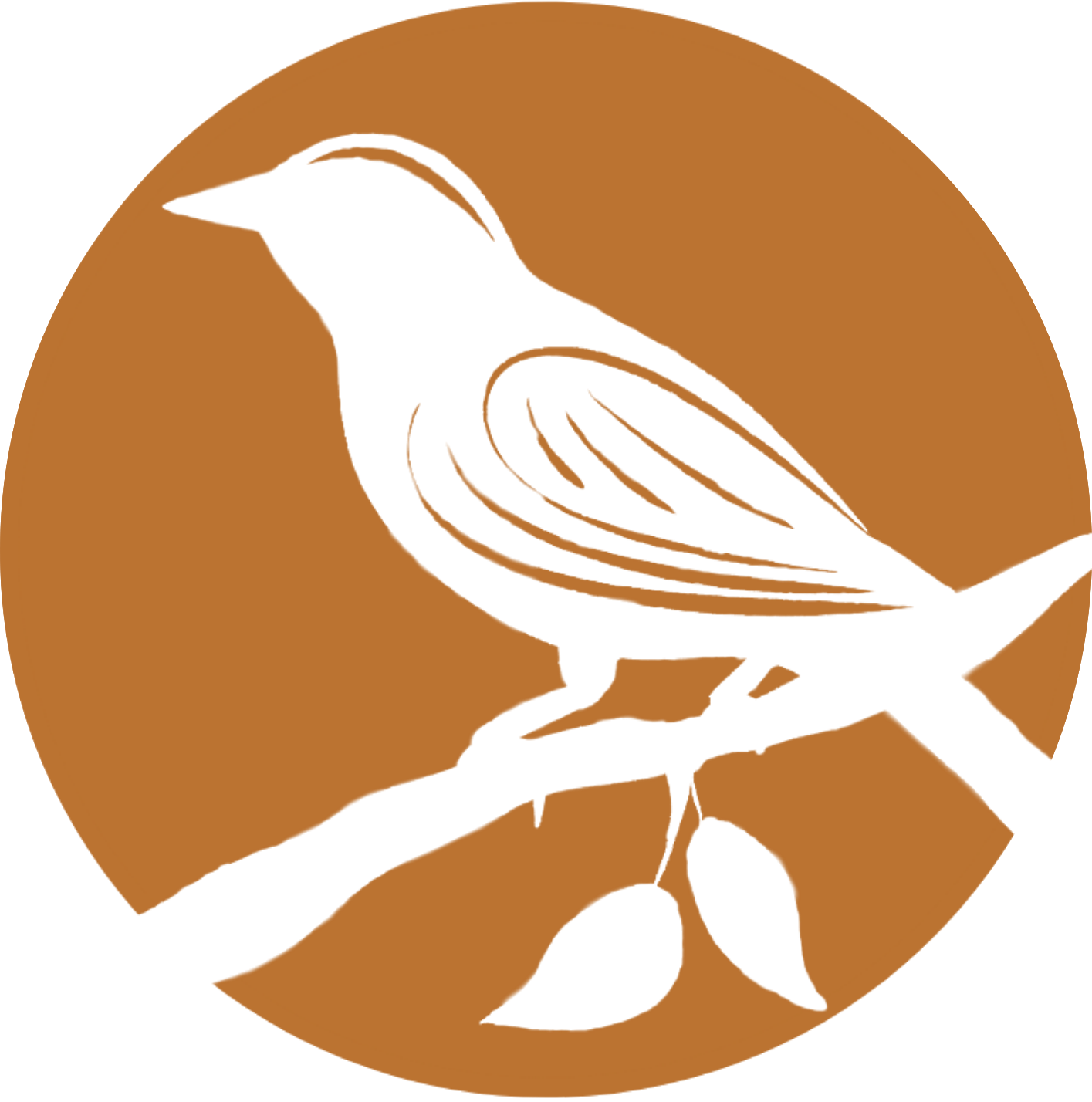Years ago when I worked at an After School Program I remember a mom catching her son in some act of misdemeanour yelling “What is wrong with you?” as she hurried him out the door. Those words “What is wrong with you” have been used on a very frequent basis with a whole host of individuals and circumstances. We use them when we cannot understand why a behaviour is being exhibited or repeated. We use these words when we cannot figure out why some people are able to get their act together and pull through life while others stay stuck. These words convey the idea that there is some disfunction that causes a person to not be able to meet social norms and expectations. The words indicate that there is something deficient with the person they are aimed at.
A couple of weeks ago, along with Erin Rideout from Inner City Youth Ministry, I attended an ACE Interface Master Training Module. The two day workshop focused on how to look at our stories and the stories of those around us from a different perspective. The training and presentation was based on a study by Dr. Anda and Dr. Felitti who studies 17,000 individuals and found that there was a distinct correlation between Adverse Childhood Experiences (ACE) and health and social problems. In their study they looked at 10 different kinds of Adverse Childhood Experience someone may go through: emotional neglect, physical neglect, emotional abuse, physical abuse, sexual abuse, parental separation or divorce, mental illness in the household, substance abuse in the household, criminal behaviour in the household, and battered mothers. In their study of this middle class, educated population they found that 67% had experienced one or more of these 10 ACE’s. They also found that the more ACE’s someone had, the more likely they were to have health and social problems.
As we took a test to determine our own ACE score, our group of 30 professionals was shocked to see that 81% of us had experienced one or more ACEs with some having experienced all 10. This taught us how prevalent Adverse Childhood Effects are no matter what background we come from or what level of “success” we have achieved. But the training also taught us to change the question we may ask of those who are not matching social norms from “what is wrong with you?” to “what happened to you?”. Changing the question in this way changes the story from one where we discredit people and look at their deficiencies or one where we consider the life history of a person, particularly in their childhood, and aim to raise up their capabilities and build resilience.
The hope of this training is that it would helps us to understand ourselves and other more effectively so that we can build thriving communities. In changing the way we think, talk, and relate to others we may be able to raise up our community and prevent the accumulation of ACEs. We can do this through supporting adults who have experienced ACEs and by diminishing or preventing ACEs in the next generation.
In our line of work we often hear people wonder how come there are those who are able to endure difficult situations and how others are not. We wonder why poverty rates among children are on the increase, we wonder why there are some people we just can’t seem to effectively help, we even wonder sometimes why our own behaviour is sometimes ‘off’. While ACEs may not hold all the answers, they certainly can provide some explanations to how we have adapted based on our childhood experiences. The ACE training has helped me to look differently at how our community can help encourage and lift up each person by listening to their stories and by or actions to prevent ACEs.
This has been just a snapshot of what we learned, but Erin and I are able to give a fuller and more detailed presentation on ACEs to those who would find it helpful.
By Jasmine Chandra
